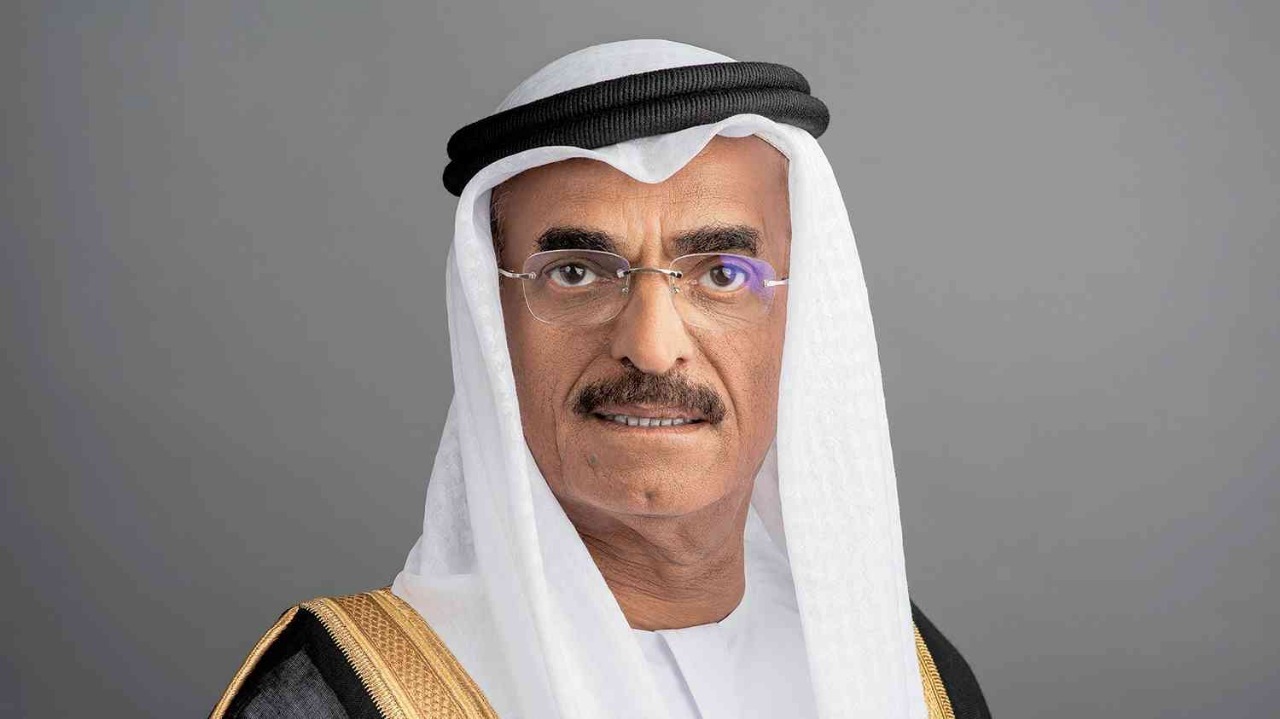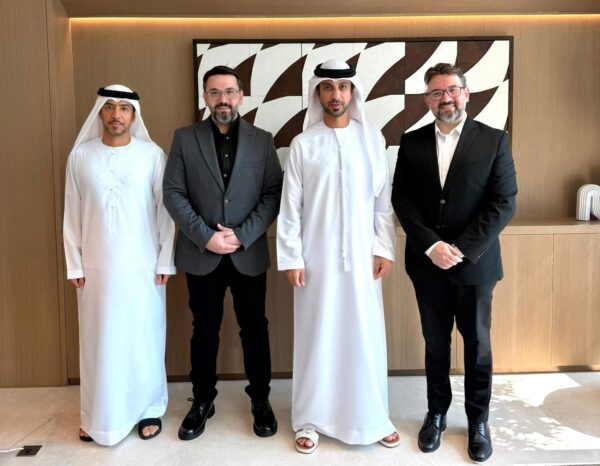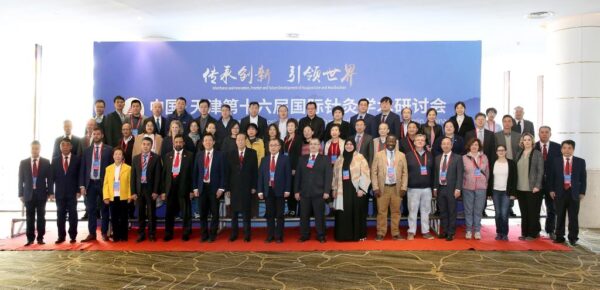The UAE Steps Towards a Greener Future – An Article by H.E. Dr. Abdulla Belhaif Al Nuaimi

“A genuine leader is not a searcher for consensus but a molder of consensus” as expressed by Martin Luther King Jr., the American civil rights activist and political thinker. This statement applies to Urban Sustainability in the UAE, where the country has emerged as a global leader in sustainable urban development. Through concrete steps, the UAE is creating eco-friendly, economically vibrant cities that meet the needs of the present without compromising the future of generations to come.
The agenda focuses on efficient land use, integration of green spaces, promotion of public transport, energy-efficient architecture, and biodiversity conservation. Through awareness campaigns and educational programs, the UAE encourages individuals and communities to adopt responsible behavior. As the Dubai Urban Plan 2040 highlights, engaging citizens in planning ensures community needs are considered, fostering sustainable lifestyles aligned with collective goals. Dubai’s Sustainable City is a model that empowers residents in decision-making, enhancing ownership and responsibility toward sustainable living.
Long before many other nations, the UAE pioneered the principle of mixed-use development as a cornerstone of sustainable urban planning. This approach integrates residential, commercial, and recreational areas into one environment, reducing dependence on transport and fostering human-friendly spaces that encourage walking and cycling.
Technology has played a pivotal role in this transformation. Smart city innovations, including the Internet of Things (IoT) and Artificial Intelligence (AI), have become essential tools. The Dubai Smart Initiative reshaped the city with a focus on energy efficiency and carbon emission reduction. Architectural designs emphasize natural lighting, ventilation, renewable resources, recycled materials, sustainable timber, and green roofs.
Abu Dhabi’s Masdar City stands as a global benchmark, being the world’s first carbon-neutral city. Designed to promote walkability, it reduced car dependency and emissions while integrating cutting-edge solutions such as water recycling, waste management, and renewable energy systems.
Ambitious renewable energy projects reflect the UAE’s commitment to Urban Sustainability in the UAE. The wind energy program includes farms on Sir Bani Yas Island, Dalma Island, Al Sila in Abu Dhabi, and Al Halah in Fujairah. Dubai’s Mohammed bin Rashid Al Maktoum Solar Park is one of the largest in the world, targeting 5,000 MW of clean energy by 2030. For the first time, large-scale wind power was developed despite previously low wind speeds, reducing fossil fuel reliance and diversifying the energy mix.
The UAE has also boosted adoption of Electric Vehicles (EVs) to reduce greenhouse gas (GHG) emissions. Dubai’s Green Charger Initiative established a city-wide charging network, enabling cleaner transport. Investments in metro and tram networks significantly reduced traffic congestion and air pollution.
Waste management has been elevated through recycling and composting programs. Dubai’s My City, My Environment campaign raises awareness, while Abu Dhabi’s Tadweer program encourages waste segregation and recycling. Sharjah’s waste-to-energy plant employs advanced technology to minimize landfill waste and generate electricity.
To address water challenges, the UAE invested in advanced desalination. DEWA’s Jebel Ali plant uses reverse osmosis to cut energy use and environmental impact. The Estidama program promotes efficient irrigation and supports sustainable agriculture. Green building practices aim for LEED certification across new projects.
Balancing urban growth with nature, Abu Dhabi’s 2030 Vision includes native plant integration and biodiversity protection. The Al Wathba Wetland Reserve highlights conservation and eco-tourism, while Dubai’s Al Barari showcases lush greenery and botanical gardens, offering serene and sustainable living.
Acknowledging sustainability as a global challenge, the UAE fosters international partnerships. Dubai Carbon Center collaborates with global organizations, universities, and research institutes to share knowledge and best practices, reinforcing the nation’s role in environmental responsibility.The world can draw inspiration from Urban Sustainability in the UAE, a forward-looking model for nations seeking to build greener, more sustainable cities. As the saying goes: “Anything the world can do, the UAE can do better”.
Read: HE. Dr. Abdulla Belhaif Al Nuaimi: Time to build proactive cities.





